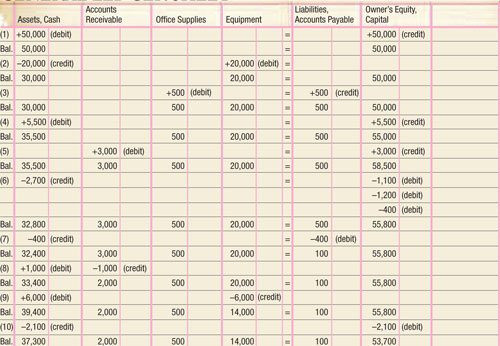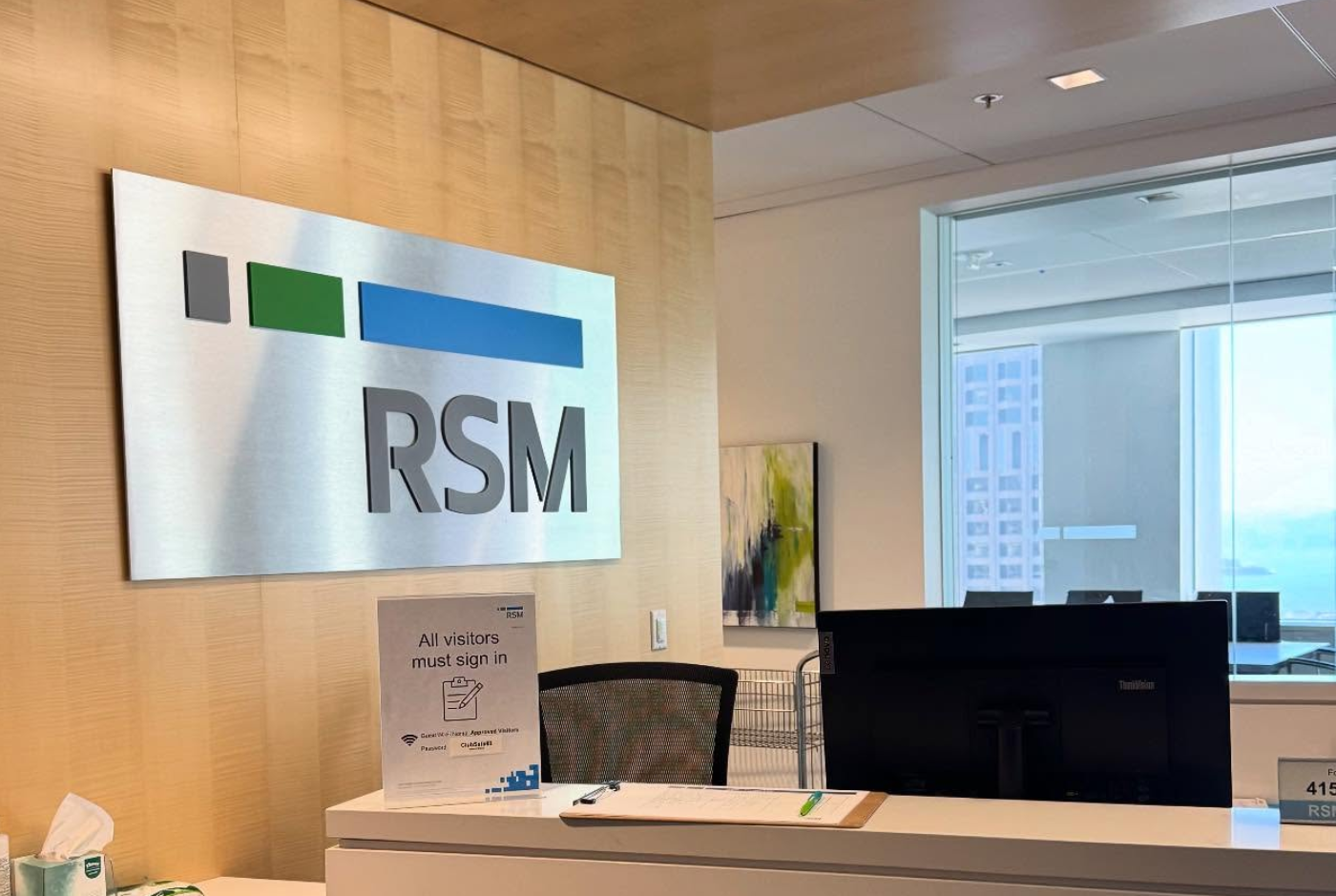What is positive business? It’s the idea that businesses can and should create not just economic value, but also offer great places to work, become a great neighbor, and help solve some of the world’s biggest challenges.
So how does that apply to finance? Michigan Ross Professor Wayne Baker says opening your books to employees — and showing how they drive the numbers — can improve company performance and keep people energized.
It’s a practice known as open-book finance and is used by more than 4,000 companies around the world, including Southwest Airlines, Harley-Davidson, and Whole Foods. Baker has studied open-book finance at several organizations and published a related case study.
You can learn more about this and other ways to build a positive businesses at the 2015 Positive Business Conference at Michigan Ross.
“There’s always this assumption that finance exists ‘out there’ disconnected from operations and disconnected from sales and marketing,” says Baker, Robert P.Thome Professor of Management and Organizations. “An interesting question to ask is: Who creates the financial numbers in your organization? The answer you usually get is the CFO or accountants. But the truth is that everyone is creating the numbers. Everyone is taking action that affects those numbers.”
Implementing open-book finance is more than letting employees see the financial statements. When done right, it links financial outcomes with the operations that create the numbers. It actively connects the macro to the micro, and anyone can learn it.
So how should you get going? Start small, Baker says. Get people thinking about business as a great game, where everyone knows the rules, has a stake in the outcome, and enjoys a collective reward if the game is won. Some companies enjoyed success starting with mini-games to solve particular problems.
However you start, keep three principles in mind:
- Educate — know and teach the rules
- Empower — follow the action and keep score
- Engage — provide a stake in the outcome
It’s not an effort that can be run successfully from the top down. The games should be run in “huddles” where participation is voluntary and the group fully owns the process. It’s also a good idea for a company considering open-book finance to visit or learn from companies that have run it.
“When an 18-year-old new employee knows all of the key metrics of the business as well as the CEO, you can expect an extraordinarily energized workplace,” Baker says.
Learn more about positive business and how it applies to you and your business at the 2015 Positive Business Conference, May 14-15 at Michigan Ross. Registration is now open.
Thanks for reading CPA Practice Advisor!
Subscribe Already registered? Log In
Need more information? Read the FAQs
Tags: Benefits, Cloud Technology, Small Business




